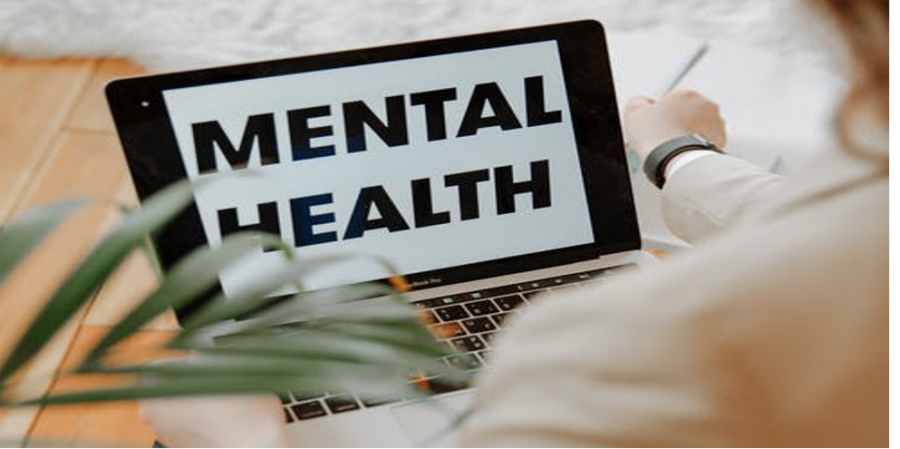There is no question that 2020 was an exceptionally challenging year for most people in the world. These challenges were of course, mainly brought on by the COVID-19 pandemic. The pandemic’s effects reached far and wide and ranged from mildly inconvenient to quite literally deadly. As a society, we were expected to collectively cope and adapt, but actively doing this is a challenge in itself for some.
With the ushering in of the New Year, many people hoped that the COVID-19 nightmare would be left behind in 2020. However, nearly two months into the new year it has become quite evident that the impact of the COVID-19 pandemic and the challenges it presents is still majorly affecting people. For many people, COVID-19 has specifically affected their overall mental health.
Savannah Nichols, a University of North Georgia alum opens up about her mental health and the impact COVID-19 has had on it and shares, “I have noticed a genuine decline in my overall mental health since last year. I have no motivation to do really anything.”
She further explains that her lack of motivation and mental health decline has caused her to be less social and she has fallen off her daily routine.
“I don’t socialize with people outside of my immediate circle and I don’t have a solid routine like I used to have.”
Nichols is certainly not alone with her struggles, but fortunately, there are resources available that can offer help, as well as pro-active steps that can be taken to stay on top of your mental health.
Dr. Simon Cordery, director of Student Counseling at UNG offers his expert advice on ways one can prioritize their mental health. Cordery shares that “The more you think about your mental health, the better it is.”
Things like “Deep breathing, grounding yourself to your senses, making sure you eat three times a day, socializing with other people, finding a routine, and most importantly getting enough sleep” are all effective ways one can prioritize their mental health.
Cordery’s advice to students who are actively struggling with their mental health is to simply, “reach out.” Cordery explains that there are many resources provided at UNG to help students with their mental health. Since COVID-19 has spiked mental health challenges, the state of Georgia has allocated funds to the University System of Georgia which has since been implemented on a new mental health initiative entitled Christie Campus Health. At UNG, this initiative has been rebranded to Nigel Cares and

is intended to complement the already existing services offered by UNG’s Student Counseling.
Cordery explains that through Nigel Cares “students now have access to 24/7/365 mental health support. Students can call the number 833-910-3368 at any time
Students also have the option to continue their sessions with the same clinician through either insurance or out of pocket.
Cordery emphasizes how great of a resource the Nigel Cares website is. “We have set up a Nigel Cares webpage with excellent self-help tools and additional resources and can be found at https://ungwellnesshub.com.”
The resources available to UNG students are abundant, and the staff at the Student Counseling Center are eager and prepared to help. Take your mental health into your own hands, make it a priority, and to reiterate Cordery’s advice, “reach out” for help if you need it.


































